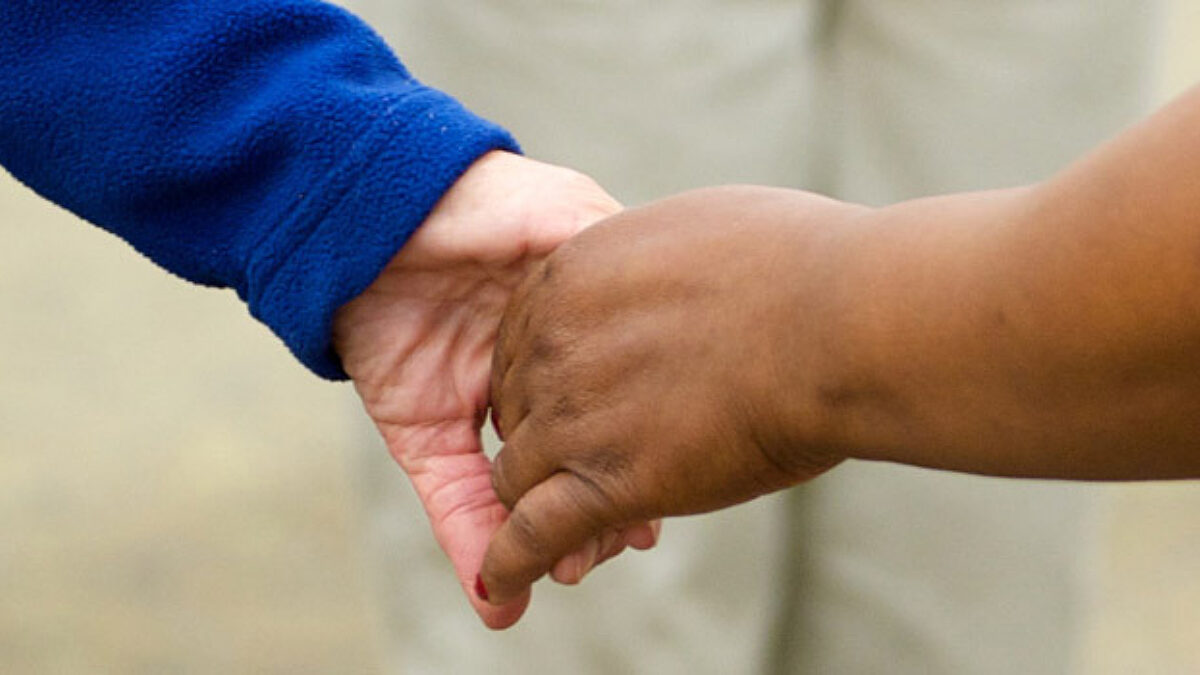
Advocate S.C. Stories of Racial Awakening Project: Narrative 4
Becoming aware
By Barbara Gentry
Editor’s note: The following is the third narrative accepted for publication in the Advocate’s new South Carolina Stories of Racial Awakening Project. The Advocate will select as many as 10 narratives to be published in the Advocate, one a month for 10 months. See guidelines, here.
When I was around 12 years old, I was first allowed to go out trick-or-treating by myself at night. We lived on a dead-end street where there were only “us” and an elderly couple from England. I knew them to be generous but, of course, I just wanted to get as much candy as I could within the shortest period of time. So I headed out to Hickory Avenue, which was a fairly main road with lots of houses. We knew everyone on either side of the street for quite a distance, so I did not feel unsafe in any way.
I thought I was doing great until I reached the corner of Hickory and First streets. There was a tiny delicatessen that sold everything from meats, bread and candy to magazines and newspapers. The owners lived upstairs. Unfortunately for me, the store was closed for the night, and the owners’ entrance was on the backside of the building.
There I was approached by two boys, a little taller than me but about my age. They kept calling me, “Clarence.” I did not recognize them. I thought, “Why are they there and not in costume?”
The thing I neglected to say earlier was that I was dressed as a black man—or boy, because of my size. We did not have much money in those days, so you were expected to just disguise yourself some way with whatever you had at home. I was wearing my dad’s old pants with suspenders, his old shirt and his old hat. I had blackened by face, hands, ears and neck with burnt cork. I thought I did a pretty good job.
What I didn’t know was just how good a job it was.
Clarence was a boy whose family lived not far from us and, surprisingly, he was black. These two boys were white. They started punching and kicking me, all the while calling me “Clarence.” I was too frightened and shocked to even speak. I just wanted them to stop.
When I finally fell to the ground, they did stop and ran off. I sat for a minute or two until I felt they were truly gone. Then I got up and slowly walked home.
I could not believe what just happened to me. Were they just kidding about who they thought I was? Did they just need an excuse to beat on someone? Did I really do such a good job of hiding who I was?
I did not know who these boys were. They were not from our neighborhood. I started to think of what I was going to tell my parents. I did not want to not be able to go trick-or-treating by myself. I did not want to get my big brother involved because he might try to find and hurt these boys. He was very protective of his sisters.
The other thing that I was left with was that it was not much fun being black—the thought that you could get beat on for just being yourself. That thought stayed with me probably forever.
I never did tell anyone what happened that night until many, many years later. I have had several experiences since then where I have been given the opportunity to meet and become friends with black people. I now have a few longtime friendships and feel that I am the luckiest person alive.
Gentry, 74, is a white female and a member of Inman United Methodist Church, Inman.